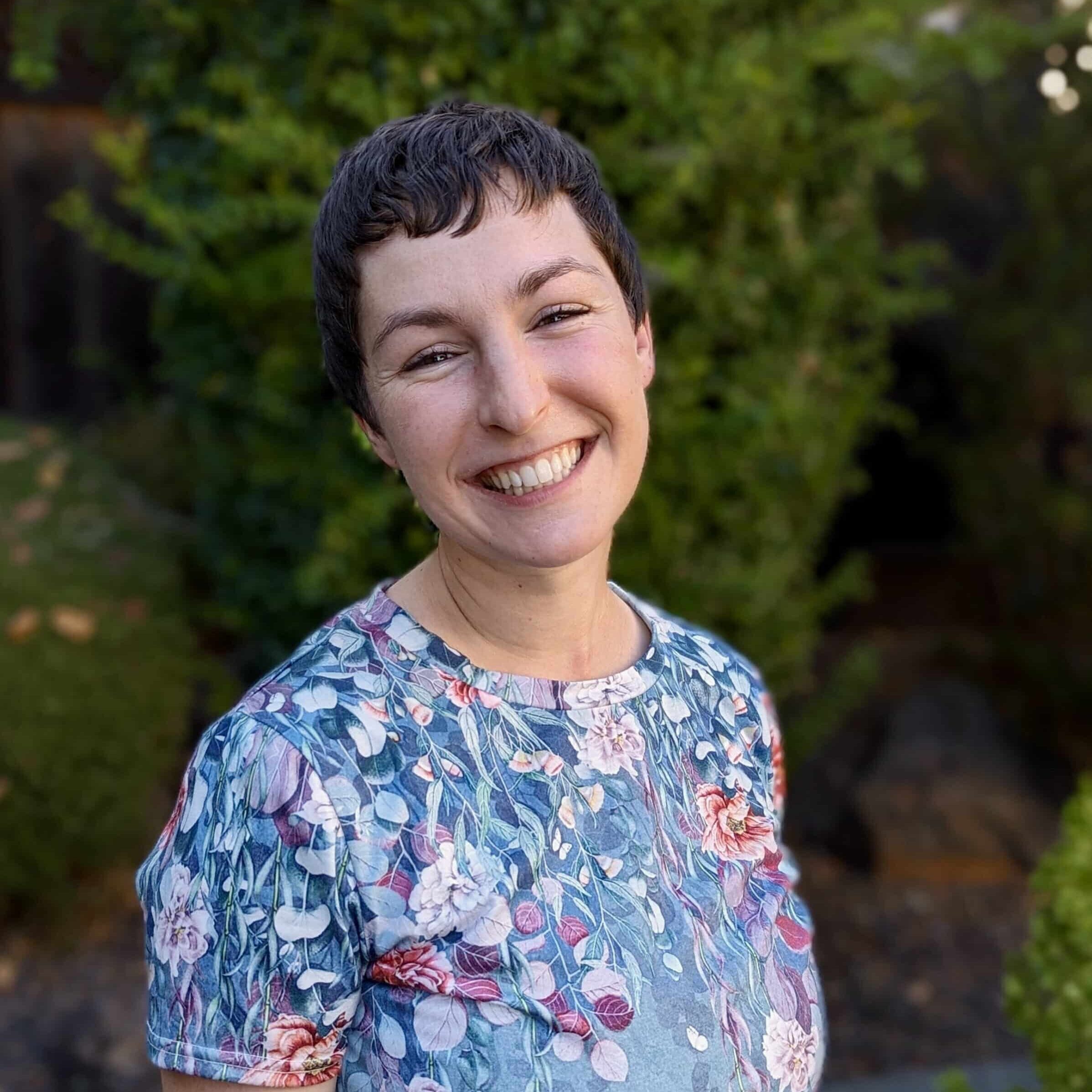“We can all help prevent suicide. The National Suicide Prevention Lifeline provides 24/7, free and confidential support for people in distress, prevention and crisis resources for you or your loved ones, and best practices for professionals. Call 1-800-273-8255.”
Veterans who sacrifice their lives to defend our country often come back home from combat with post-traumatic stress disorder (PTSD). Many veterans with PTSD go untreated and turn to drugs or alcohol to cope with their condition. They often become dependent on or addicted to drugs and alcohol, which puts them at high risk of overdose or death. Sadly, many veterans who do not seek help for PTSD die by suicide.
According to the National Veterans Foundation, “Substance abuse may be an attempt to self-medicate or to deal with problematic symptoms of mental or physical disorders or injuries.” Our service men and women can experience horrific situations in combat. They see gruesome scenes, get shot at, receive physical wounds, and see colleagues die.
When service ends and service men and women come home, certain sights, smells, and sounds can trigger symptoms of PTSD. A loud noise, such as fireworks, can elevate the symptoms of PTSD. Service men and women with PTSD re-live tragedies through vivid memories of their experiences and they have a hard time adjusting to normal civilian life.
Service dogs are used for veterans with PTSD. Service dogs are proven to help people cope with the symptoms of PTSD. Symptoms are lack of interest, detachment, appetite loss, disruptive sleep patterns, and difficulty concentrating. Some service dogs are trained for nightmare and anxiety interruption. They recognize symptoms of anxiety, panic attacks, and nightmares, such as heavy breathing, restlessness when sleeping, twitching, clenched fists, and rocking back and forth. The service dog also acts as a loyal companion for the veteran suffering with PTSD.
Veterans with PTSD need to seek help from a mental health professional. Without help, a veteran with PTSD is at high risk of hurting his or herself. Drugs and alcohol are very counterproductive and harmful to a person’s wellbeing. When a person is living with PTSD, drugs and alcohol can be an easy fix, but also very deadly.
If you or a loved one is suffering from PTSD and addiction, save a life and get help immediately. Do not wait another day and do not be afraid to get help. Treatment is available for a dual diagnosis.
At Corner Canyon, our doors are open to adult clients seeking healing and transformation to put their lives on the path of recovery. Our residential treatment center offers a warm and welcoming home environment paired with exceptional individualized clinical care utilizing the latest in scientific advancement for treating both mental health and addiction treatment. For information on our program outside of Salt Lake City, Utah, call us today:866-399-3469




